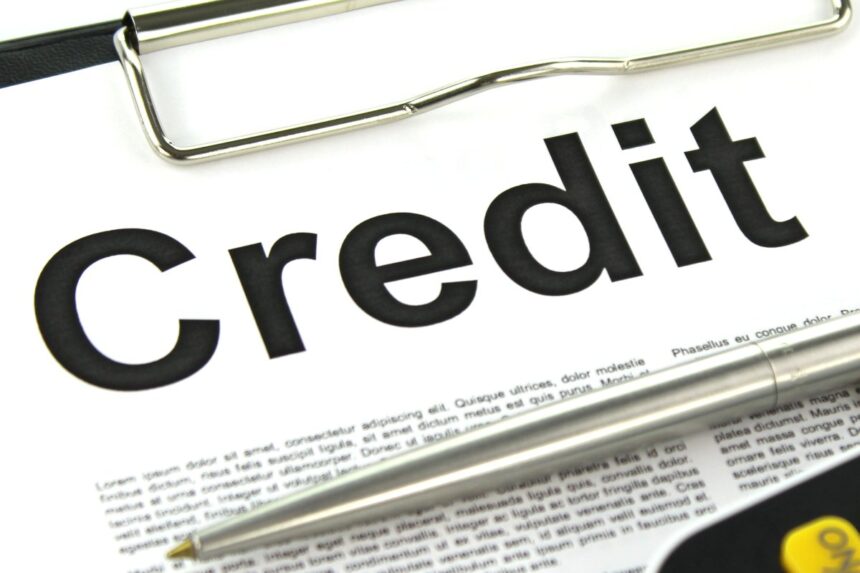The Ultimate Guide to Credit Repair: Getting Your Finances Back on Track
It’s difficult to overstate the importance of credit in today’s society. A good credit score opens up a world of financial opportunities from competitive interest rates on mortgages to qualifying for a cell phone or car loan. Unfortunately, it’s all too easy to make mistakes that can lead to poor credit. That’s why it’s important to understand how credit repair works, and how it can benefit you.
What is Credit Repair?
Credit repair is the process of improving one’s credit score by identifying, disputing, and correcting errors on their credit report. This process can be done in a number of ways, including sending letters to credit reporting agencies, challenging negative items with creditors, and disputing incorrect information with the three major credit bureaus. Credit repair can also involve taking proactive steps to improve your credit score, such as making on-time payments and keeping a low credit utilization ratio.
The Benefits of Credit Repair
The first and most obvious benefit of credit repair is that it can significantly improve your credit score. A good credit score will enable you to obtain loans with better interest rates, as well as improve your chances of being approved for credit cards and other lines of credit.
Credit repair can also help you avoid penalties and fees from creditors. If you have a low credit score and are unable to make timely payments, creditors may begin to tack on late fees and interest charges. By repairing your credit, you can limit the amount of these fees and save money in the long run.
How to Start Your Credit Repair Journey
The first step in repairing your credit is to obtain a copy of your credit report. You can do this by contacting the three major credit bureaus (Equifax, TransUnion, and Experian). You are entitled to a free annual report from each bureau, so be sure to take advantage of this.
Once you have your credit report in hand, you should go over it carefully to identify inaccurate information, such as late payments or incorrect balances. Make a list of all the errors you find and then contact the credit bureaus and creditors to dispute the inaccuracies.
In addition to disputing errors, you should take steps to improve your credit score. This could include making on-time payments, paying off debts, and keeping your credit utilization ratio low. This will help you establish a good payment history, which is essential for a good credit score.
Conclusion
Credit repair is a great way to get your finances back on track. By understanding the process and taking proactive steps to improve your credit score, you can restore your financial health and open up a world of financial possibilities.

